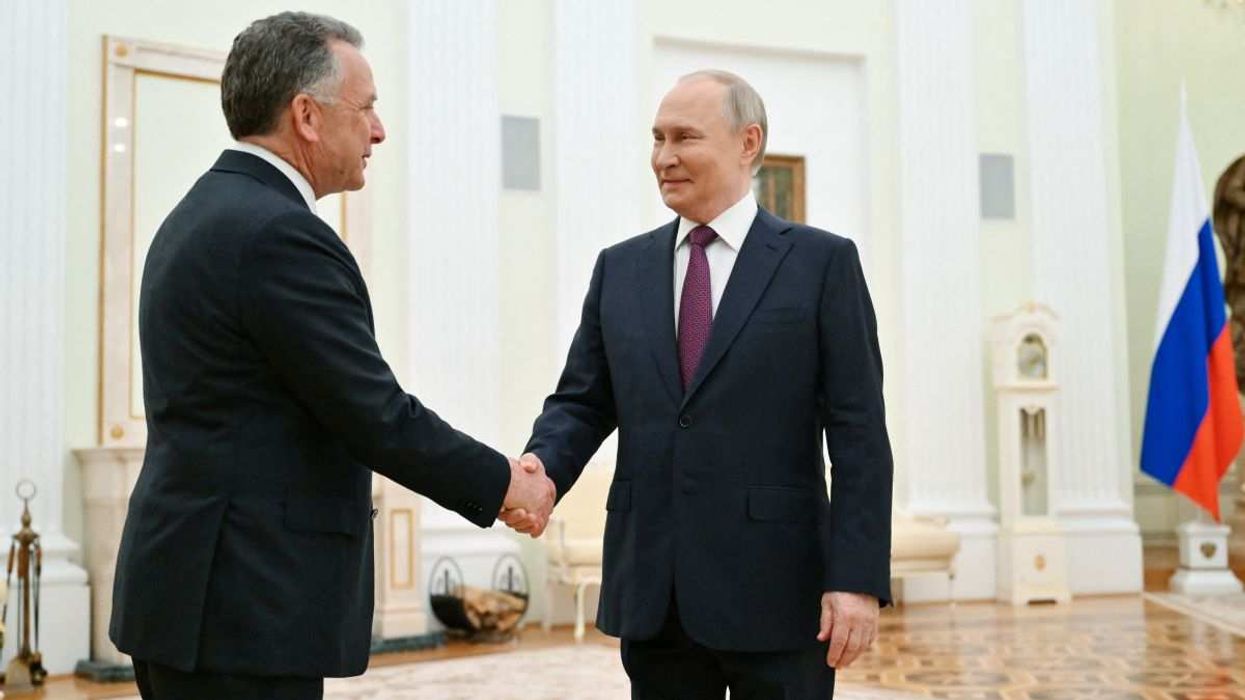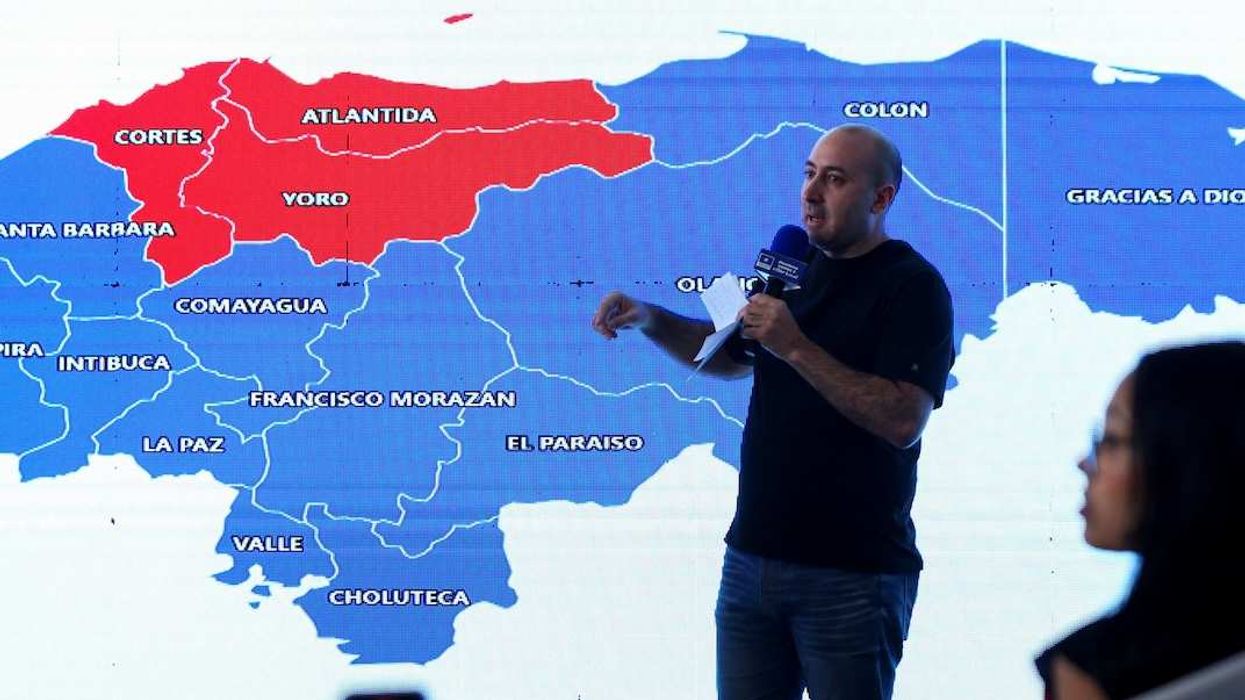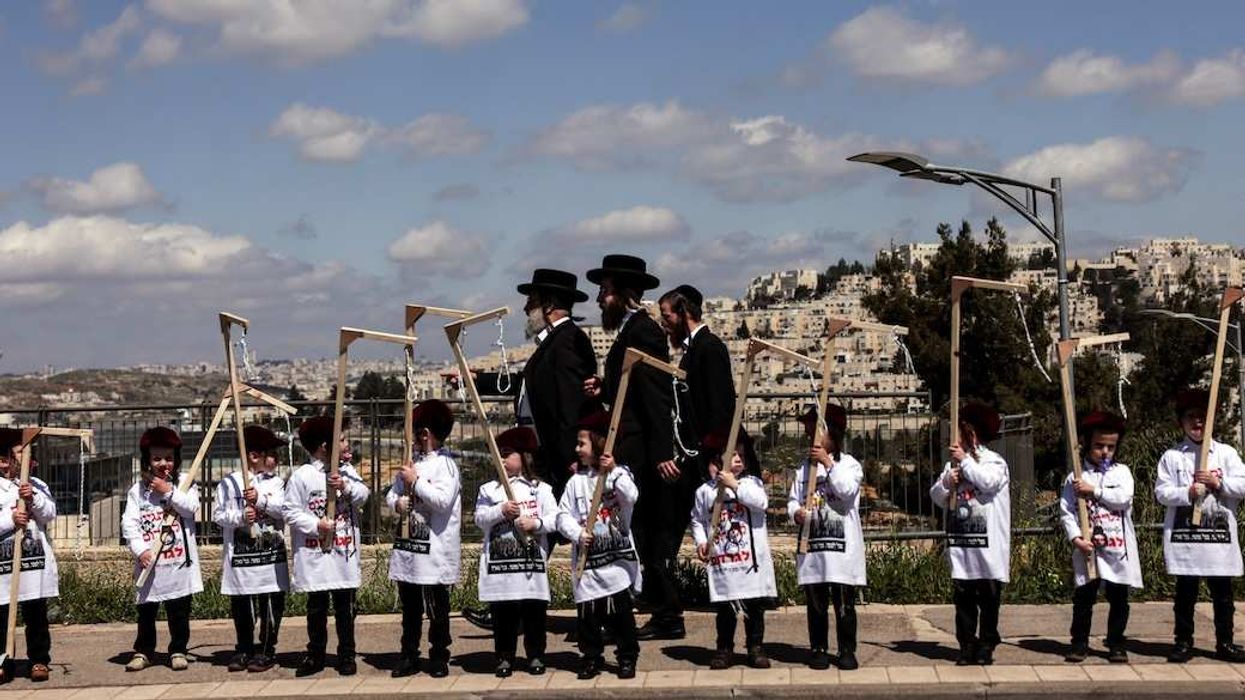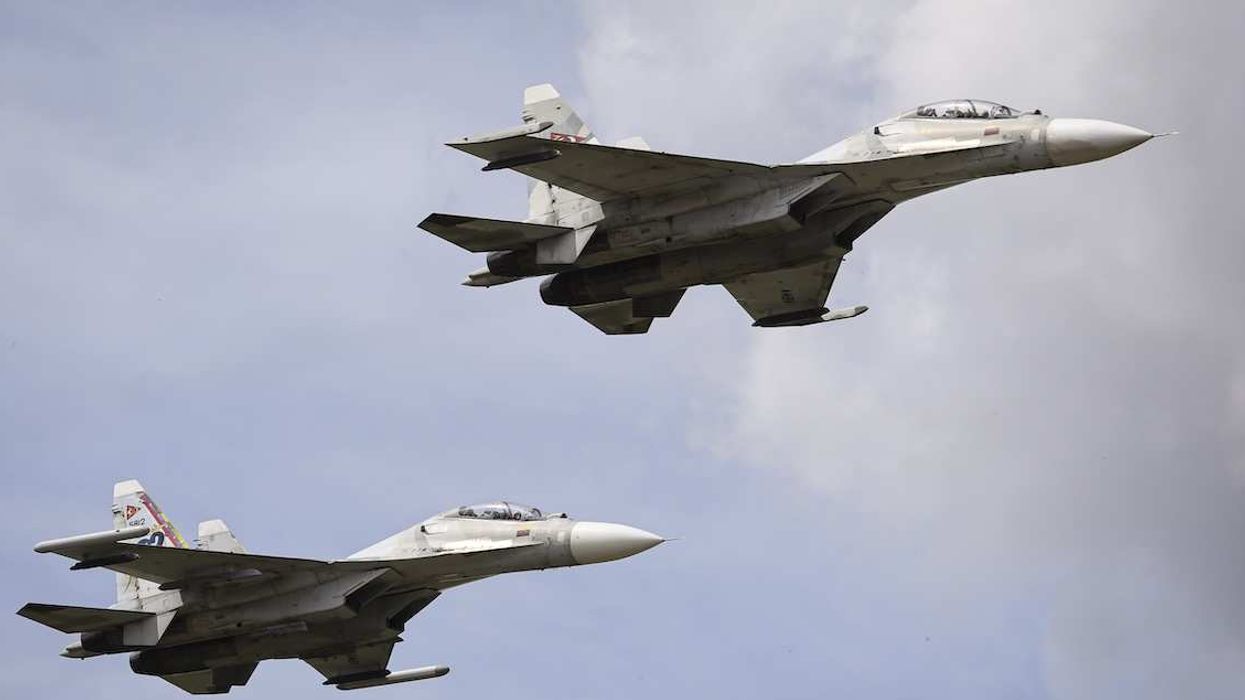On Tuesday, the Israeli military reported its tanks had rolled into Rafah and established control over the Gaza side of the border crossing with Egypt. The incursion was more restrained than the long-threatened ground invasion was expected to be, likely because Prime Minister Benjamin Netanyahu is facing pressure to agree to a cease-fire with Hamas, which is backed by the United States and Arab nations.
On Monday, Hamas unexpectedly accepted a Qatari-Egyptian cease-fire proposal for Gaza, which Israel says it is examining. The deal would secure the release of hostages still being held in Gaza. But rather than stalling the invasion, the Israeli war cabinet “unanimously decided” to continue with plans for the invasion and launched strikes in eastern Rafah late Monday.
The diplomatic breakthrough – which followed mass weekend protests demanding the Israeli government bring home the remaining hostages held in Gaza – was meant to put pressure on Netanyahu. The United States and other key allies had also been pressuring Israel to refrain from attacking Rafah.
“Netanyahu is trying to have it both ways — continue talks in Egypt by sending a team while proceeding with attacks into Rafah,” says Eurasia Group analyst Greg Brew. ”The door hasn't closed on a deal yet.”
Israel’s war cabinet said it would continue to work on a deal, sending delegates to Cairo on Tuesday to negotiate aspects it still finds objectionable (the deal’s full details are not publicly known).
We’re watching for Hamas’ reaction to the Rafah attacks and how it affects any longer-term cease-fire prospects.



















